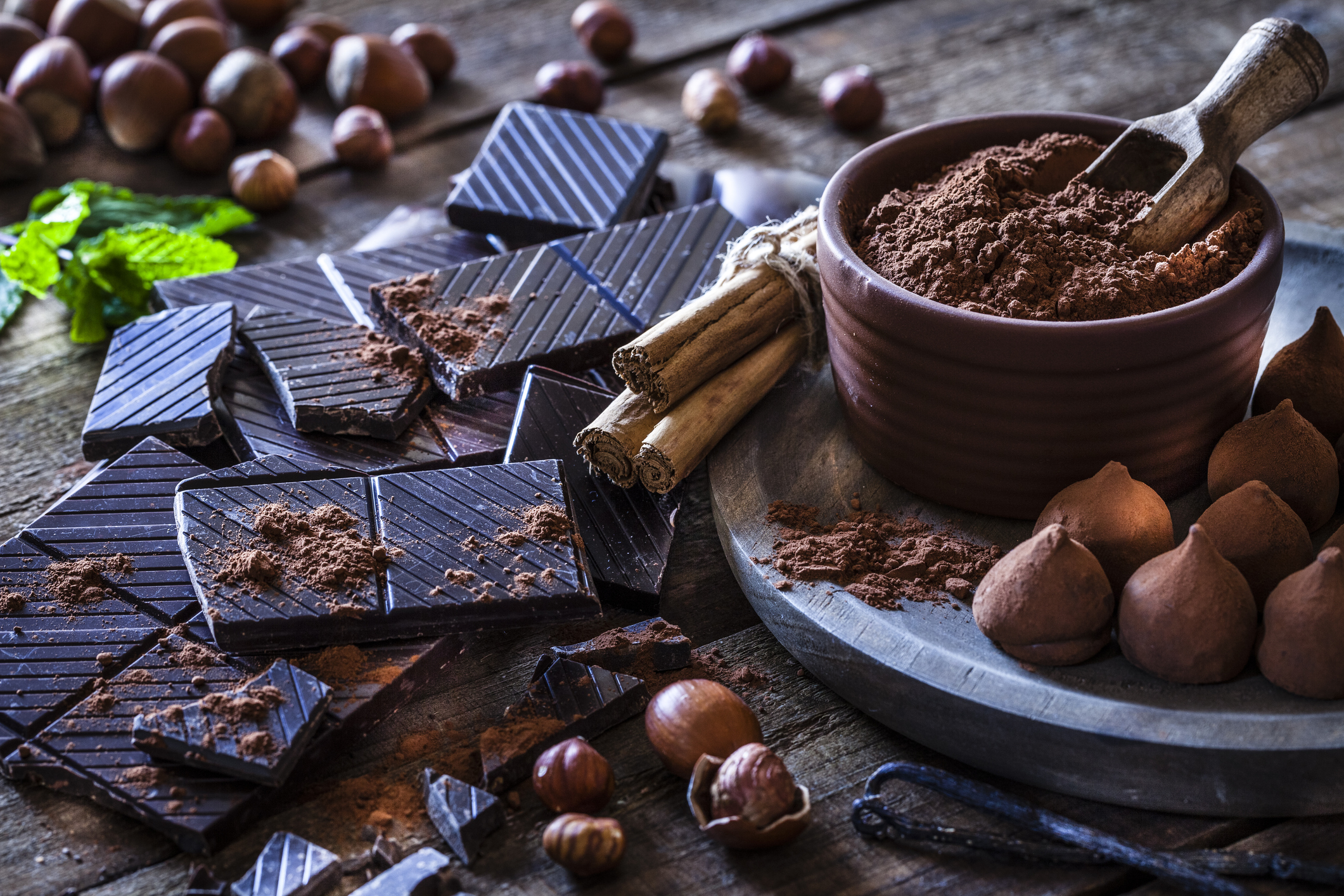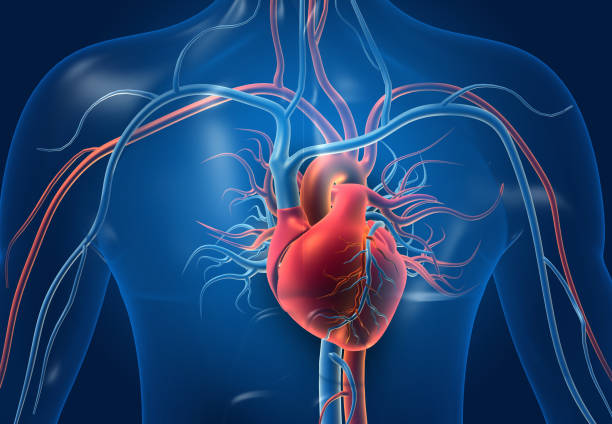This is the sweet ally that protects the heart and slows aging, according to a study

Preserving youth and maintaining health over the years does not depend solely on genetics. Science continues to explore nutritional interventions that can mitigate the silent deterioration of the body, and one of the most promising strategies is reducing chronic inflammation associated with age, also known as inflammaging.
In this context, a new study from the COCOA Supplement and Multivitamin Outcomes Study (Cosmos), led by Brigham and Women's Hospital in collaboration with the Mass General Brigham and Women's Health System (United States), revealed that cocoa extract may have anti-inflammatory and cardioprotective effects. The results have been published in the scientific journal Age and Ageing.
Cocoa extract: reduction of inflammatory biomarkers The study focused on analyzing changes in five biomarkers related to inflammation and age in older adults who took daily cocoa extract supplements for several years. These markers included ultrasensitive C-reactive protein (hsCRP), interleukin-6 (IL-6), tumor necrosis factor alpha (TNF-α), interleukin-10 (IL-10), and interferon beta (IFN-β).
Researchers observed a significant decrease in hsCRP in participants taking the cocoa supplement, with an 8.4% annual reduction compared to those receiving a placebo. This protein is a key indicator of systemic inflammation and a risk factor for cardiovascular disease.
“Interest in cocoa extract and anti-inflammatory therapy arose from the cocoa-related reduction in cardiovascular disease,” explained Dr. Howard Sesso, corresponding author of the study, associate director of the Division of Preventive Medicine and associate epidemiologist at Brigham and Women's Hospital.
“We also value the important overlap between healthy aging and cardiovascular health, where age-related inflammation can harden arteries and lead to cardiovascular disease. Therefore, we wanted to test whether cocoa extract supplementation for several years, compared to a placebo, could modulate anti-inflammatory treatment, and the data suggest it could,” he added.

Cocoa. Photo: iStock
Previous, smaller-scale studies have already indicated that flavonols—bioactive compounds present in cocoa, as well as berries, grapes, tea, and other plant-based foods—contribute to reducing inflammation. However, the novelty of the Cosmos study lies in its scale and methodology.
Conducted between 2014 and 2020, the trial was a randomized, double-blind, placebo-controlled clinical study involving 21,442 adults over the age of 60. A subgroup of 598 people underwent blood samples to assess the effect of cocoa supplements on inflammatory markers.
In addition to the reduction in hsCRP, a slight decrease in IL-6 was observed in women, but not in men. The other biomarkers remained relatively stable or experienced minimal increases, which, according to the authors, suggests the need for further research to fully understand the extent of cocoa's effect on inflammation.
Cocoa and its potential to reduce cardiovascular mortality In previous studies stemming from the trial, cocoa extract supplementation was found to reduce cardiovascular disease mortality by 27% among participants. The recent observed decrease in hsCRP levels could explain these beneficial effects, by reducing chronic inflammation that progressively deteriorates vascular health.

Cocoa helps support heart health. Photo: iStock
The research team will continue to evaluate the data from the Cosmos trial to determine whether cocoa and multivitamin supplements can curb more intense inflammatory processes and other health problems linked to aging.
“This study calls for greater attention to the benefits of plant-based foods for cardiovascular health, including flavonoid-rich cocoa products,” Sesso added. “It reinforces the importance of a varied, plant-based diet, especially in the context of inflammation.”
More news in EL TIEMPO *This content was rewritten with the assistance of artificial intelligence, based on information from Europa Press, and reviewed by the journalist and an editor.
eltiempo



